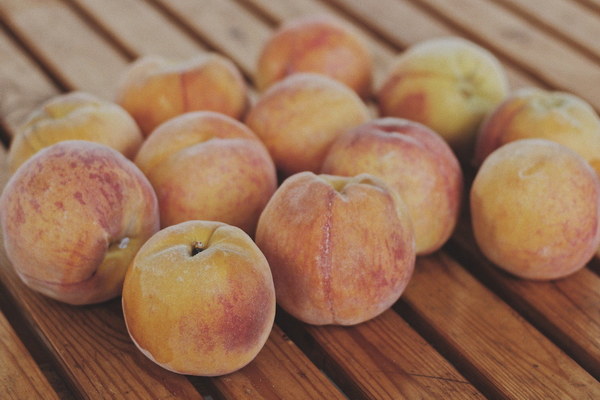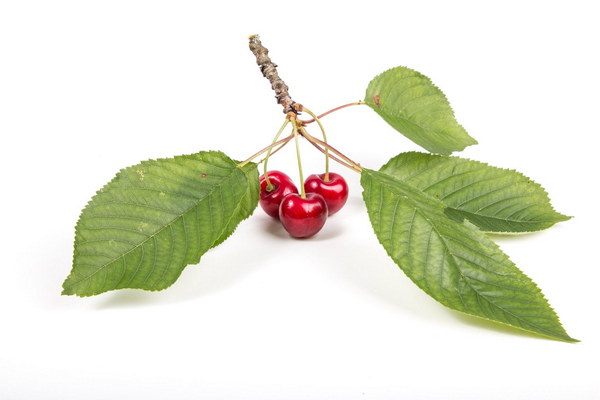Is Salt or Sugar Better for Adding to Moisture-Relieving Porridge
Introduction:
Moisture-relieving porridge, a traditional Chinese medicine recipe, has been popular among people seeking natural remedies for various health issues. One common question that arises while making this porridge is whether to add salt or sugar. In this article, we will discuss the benefits and drawbacks of using salt or sugar in moisture-relieving porridge, helping you make an informed decision for your health.
I. The purpose of moisture-relieving porridge:
Moisture-relieving porridge is designed to aid in the removal of dampness and moisture from the body, which is believed to be the root cause of various health problems in traditional Chinese medicine. By removing dampness, the porridge helps to improve digestion, boost the immune system, and alleviate symptoms such as fatigue, bloating, and weight gain.
II. Benefits of adding salt to moisture-relieving porridge:
1. Salt is a natural flavor enhancer that can make the porridge tastier and more enjoyable to eat.
2. Salt can help stimulate the appetite and improve digestion.
3. Salt contains sodium, which is essential for maintaining fluid balance in the body. This can be beneficial for those who have been sweating excessively or are experiencing dehydration.
III. Drawbacks of adding salt to moisture-relieving porridge:
1. Excessive salt intake can lead to high blood pressure and other cardiovascular problems.

2. Salt can cause water retention in the body, which may exacerbate the symptoms of dampness.
3. Salt can interfere with the body's ability to absorb other nutrients, potentially leading to nutritional deficiencies.
IV. Benefits of adding sugar to moisture-relieving porridge:
1. Sugar can provide a sweet taste, making the porridge more palatable, especially for children.
2. Sugar can help to energize the body, providing a quick source of energy during periods of fatigue.
3. Sugar can aid in the absorption of certain nutrients, such as calcium and iron.
V. Drawbacks of adding sugar to moisture-relieving porridge:
1. Excessive sugar intake can lead to weight gain, diabetes, and other health issues.
2. Sugar can contribute to dental problems, such as tooth decay.
3. Sugar can interfere with the body's ability to absorb other nutrients, potentially leading to nutritional deficiencies.
VI. Conclusion:
In conclusion, both salt and sugar have their own benefits and drawbacks when added to moisture-relieving porridge. To make an informed decision, consider the following factors:
1. Your personal health conditions: If you have high blood pressure or other cardiovascular problems, it's best to avoid adding salt to the porridge.
2. Your dietary preferences: If you prefer a sweet taste, you can opt for sugar, but be mindful of the potential health risks associated with excessive sugar intake.
3. The purpose of consuming the porridge: If you are looking to remove dampness and improve your health, it's recommended to use salt sparingly or opt for a sugar-free alternative, such as natural sweeteners like honey or stevia.
By considering these factors, you can choose the best option for your health and enjoy the benefits of moisture-relieving porridge without compromising your well-being.









